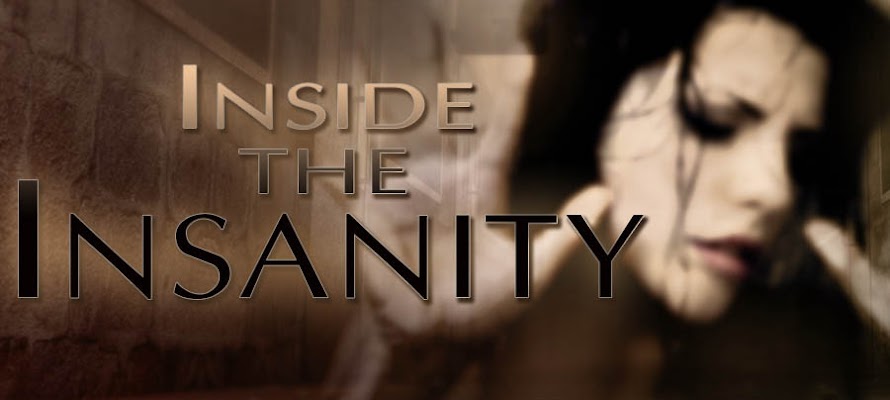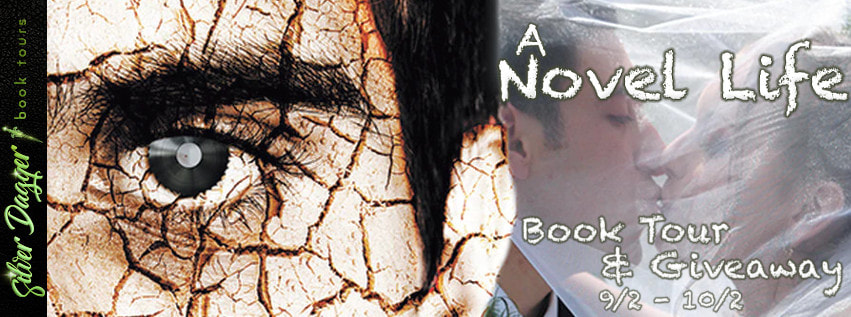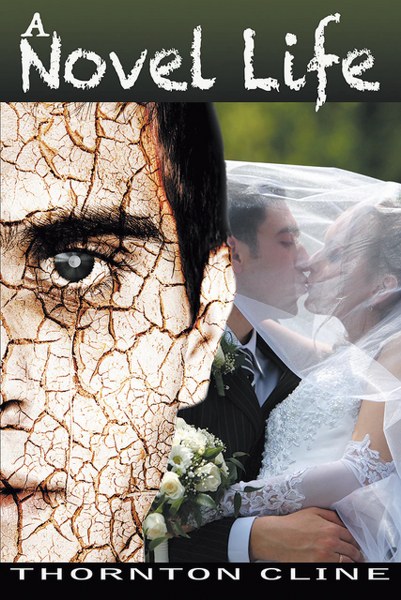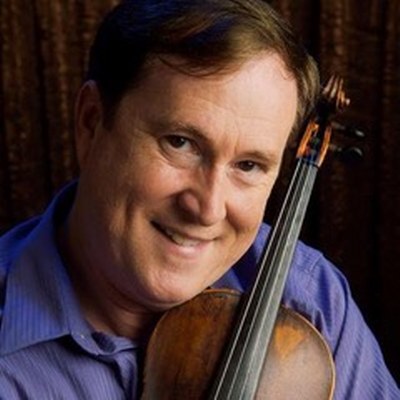Thornton Cline author interviews
What inspires you to write?
I keep a “hook book” of ideas and titles on my tablet to draw from to write. All my fiction books are based on true stories that have happened to me or to others. It’s hard to make up this stuff and pull it out of thin air! Lol!
What is your writing process?
My process varies. Some books were completely written from dreams I experienced. I woke up and had the entire movie playing in my head. I wrote the book exactly as I pictured it to be. Other times, I draw from my “hook book” and choose the title and idea that moves me emotionally at the time. I will write the condensed synopsis of the entire book into a few paragraphs and then complete a skeleton outline of the chapters. Then I begin writing without editing and let the creative process flow all the way to the end. Then I go back and edit.
If fiction, do you actually “talk” to your characters?
I not only talk to my characters, but get to know them very well, like family. There are days I am writing where I am unaware of the surrounding around me. People can be talking to me or events can be happening, but while I am writing I live a in different world, I hear or see nothing around me. If you have ever watched the movie, “Pleasantville” you will understand how my mind works. I step inside the world I am writing in my novel and get lost inside, deeply interacting with the characters.
What advice would you give to other authors?
Always write something every day whether it be lyrics, a poem, a short story, a paragraph, a letter, an email, a post on Social Media, or a thank you card. You will find yourself improving as a writer as you practice. Also keep your eyes open and your ears unplugged so you can find that perfect idea that will move you emotionally and others too. Ideas are swirling all around us; we just need seize those moments that come along for the moment, and then write about them without procrastination or someone else will grab the idea. Next thing you know that someone will write the idea you had, and they will be successful with a published book or recorded song. Write from your heart with passion, whether you make one million dollars or two cents.
What do you think of the future of publishing?
The future of book publishing is bright for those who are willing to reinvent themselves and change with the times. Those authors who are set in their ways, doing the same thing they did forty years, will not succeed. Publishing has evolved from traditional print to digital to electronic to audio books to self-publishing. Authors used to sell their books in independent books stores and the Barnes and Nobles, but today Amazon sells about 60 to 80 percent of all published books. Also, the competition for authors is fierce. Today, you might find 12 million published authors on Amazon, whereas 20-years-ago there might have only been a half million published authors. Who knows what publishing will evolve to in another ten to 20 years? We as authors must always stay on top of the game.
What drove you to the field of writing?
My mother signed me up for piano lessons when I was five years old. I started writing little ditties, lyrics, and melodies. I continued to write and ended up developing a career as a professional hit songwriter with over 150 of my songs recorded by major and independent artists. I was honored with being awarded “Songwriter of the Year” twice-in-a-row and was nominated several times for a Grammy and Dove Award. I was awarded a platinum album for my hit song, “Love is the Reason” for the sale of one million units. I worked as a paid staff songwriter in Nashville for five years, writing songs with artists and songwriters, I wrote over 1,000 songs since I started in 1982, In 2012, I started writing fiction and non-fiction books, which seemed like a natural progression from writing all those songs. I always considered myself to be a writer, whether I was writing lyrics to a song, or words to a novel. Basically, a song is a three-to-four-minute condensed novel.
What do you think makes a good book, fiction or non-fiction?
You must have a phenomenal original and creative idea that no one has done quite like you have written it. You need a strong beginning, middle and end with a great twist or unpredictable, surprise ending. You need strong universal, relatable characters you can develop (protagonists and antagonists) with conflict, tension, climax, release, and a solid plot. Many films and books today are all about the action (car chases, explosions, shoot-outs, sex, etc.). Those ingredients are okay to include in your book, but the story must have a plot. Many films and books are missing solid plots which means a lot ZZZZZZZZZZZ’s. Lol!
What is the hardest part of writing?
I believe the most difficult part of writing is finding that ultimate, great, unique, and creative idea with a title that hasn’t been written before. I usually run a Amazon and Google search of titles and ideas I want to write. Sometimes it takes hours, days and weeks to find that perfect title to write about in my book. The other difficulty is trying to move the story forward, so it keeps the reader on the edge of his seat. Sometimes it is hard to not get bogged down in the middle of the novel you are writing.
What does the word creative mean to you?
Being creative means keeping your mind open, always expanding it with fresh new ideas and new ways to approach an idea. Always keep your ears unplugged and your eyes fully open to those amazing creative ideas floating around us in the universe. Being creative means accepting ideas even when they seem so off the wall or out of the box that they would not be approved by others with their narrow thoughts.
How do you home in on creativity?
Sometimes when I come across a great, unique, and creative idea I will let it live in my mind for days until I write about that idea. I think sometimes creativity needs to percolate or simmer inside our brains until the idea is fully developed. Sometimes I will write a short synopsis of the idea and a skeleton outline to hone in on my creativity. Other times I talk my idea out with close friends and discuss the concepts which broaden the scope of that idea. And then there are other moments I close my eyes and imagine the idea as a motion picture or a TV show.
What is the title of your book and the synopsis?
The title, “A Novel Life” is a double entendre. I love word play in songs and in books. The protagonist in my new adult psychological thriller, Carlton Tucker leads a “novel” life because his life is odd and strange, but at the same time, Carlton finds himself to be the main character in the “novel” he thinks he is writing.
17-year-old, Carlton Tucker writes his debut novel and is offered an unusually high monetary advance with a 60-city book tour by one of the top New York publishers. Carlton relives every déjà vu moment he has written in his book until he realizes someone else has written “his” book who exerts control over Carlton’s every move. Carlton reunites with the love of his life in Laramie, Wyoming while on tour, but realizes something tragic is about to happen to his girlfriend, Taylor in the final chapter. Carlton pleads with the Editor-in-Chief of the publishing house to re-write the ending of his book, and to change the dreadful fate of Taylor and him. The editor refuses to honor Carlton’s requests and now Carlton must take destiny into his own hands.
What compelled you to write this subject?
I have a big imagination. Back in 2015, I dreamt an unusual dream about a 17-year-old kid who was on fire to write his first novel, but instead became the protagonist in the book he was writing. He believed he was writing his own novel, but he was never the real, true author of the book.
Are you releasing anything else? If so, what and when is the release?
Yes, another traditional publisher I am signed with, Intense Publications is releasing a middle grade reader book I wrote last year. It is titled, “Mrs. P., Your Hair’s on Fire!”. This book will be released in September. Middle readers, fourth grader to eighth grade are the target audience for this book. I was fortunate enough to be offered an exclusive contract to write the entire series up until 2029. This is rare for authors as most are offered a single-book contract. Under my contract, I will be able to write at least 30 books this series.
How do you research for your projects?
I do an extensive Google and Amazon search to see if the title and idea I am about to write is free and clear. I do not like to write retread titles or ideas. I only write fresh, unique, creative ideas and titles. When I am writing about a subject, I am not familiar with, I will interview people who are experts in their field so that my writing is authentic and believable.
What are your goals as an author?
I am always hard on myself and work hard to be the best author possible. I know the field is highly competitive, but I work hard to compete with myself, not others. I am always striving to up my game and to reach a new level by writing an award-winning book, reaching the top of the Amazon or New York Times bestselling lists. I am constantly learning from the top authors, literary agents, and publishers in the industry. I attend workshops, take online classes, learn from webinars, and co-write a lot. They all help me to improve. One day I would like to be recognized as an expert or a leader in my craft by winning some top award like a Pulitzer and to reach the top of the New York Times bestselling list. I have reached the top of the Billboard charts with my songs, and I believe one day I will do the same with my books.
What are your favorite books?
My favorite bestselling books are “Gone Girl” by Gillian Flynn, “A Time to Kill” by John Grisham, and “Misery” by Stephen King.
What are your favorite authors?
Gillian Flynn, John Grisham, and Stephen King.
Where can we buy your book or find out more about it?
You can purchase copies at Barnes and Noble, Amazon, Syppublishing.com, ThorntonCline.com or anywhere where fine books are sold.








No comments:
Post a Comment